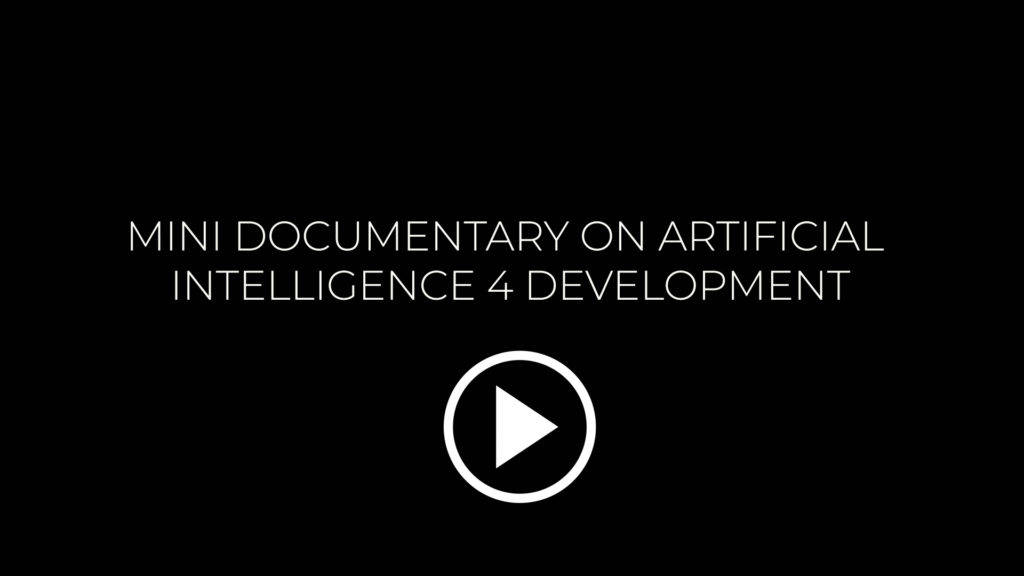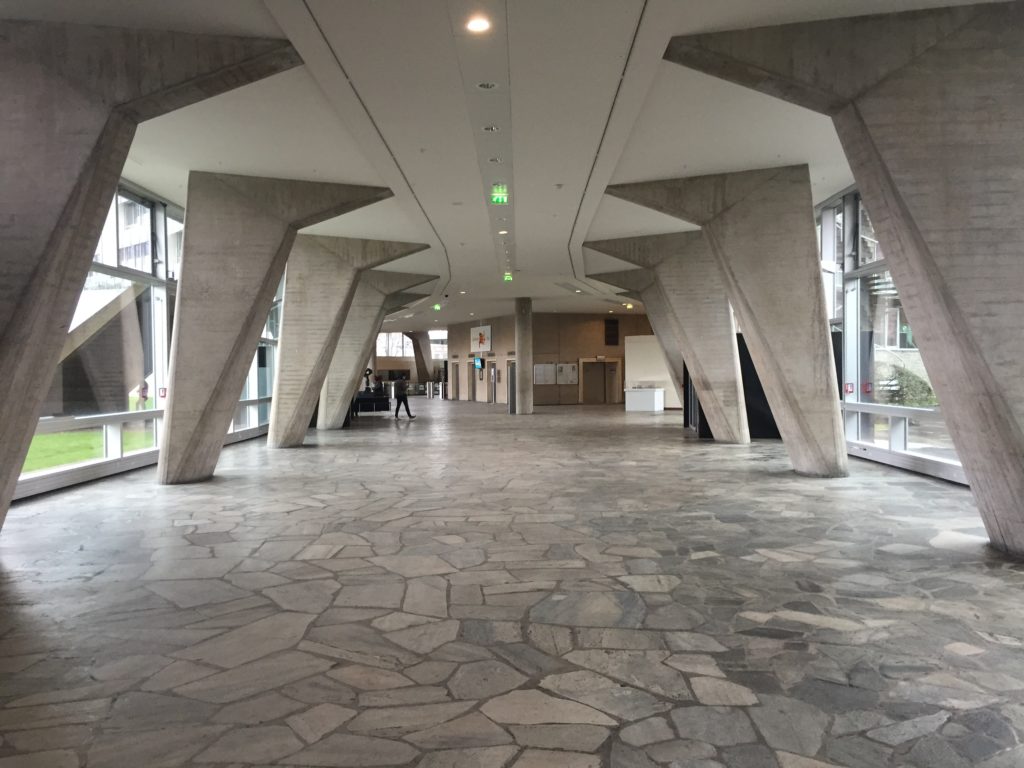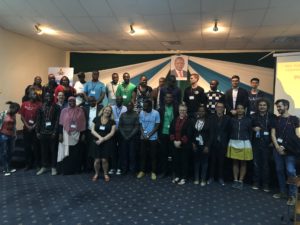Context
In many African countries such as Burkina Faso, people still rely quite often on traditional medicine for both common and uncommon diseases. This is particularly true in rural areas where 71% of the Burkinabe people live. While the research literature acknowledges the pharmacological virtues of some plants, the relevant knowledge is neither sufficiently organized nor widely shared.

Dr Tegawende BIISYANDE, Universite Joseph KI-ZERBO

Faycal OUBDA et Emmanuel SAGNON, Etudiants, Universite Joseph KI-ZERBO
Objectives
The ultimate goal of this project is to build an open and searchable database on medical plants. To that end, the project focuses on (1) collecting a variety of information on such plants from diverse sources, (2) implementing a platform to expose the constructed knowledge, (3) develop context-specific tools to accelerate the accurate identification of plants in the wild.
Team
To successfully carry out the project, we have set up a dedicated team of 10 people:
- A research mentor with a background in AI,
- A practice mentor with a background in traditional medicine. In this case, the mentor happened to be the director of the promotion of traditional medicine at the Ministry of Health,
- A research assistant with a background in Sociology. In this case, the assistant was a student whose responsibility was to help on the collection of ethnobotanical data,
- Three computer programmers. In this case, the programmers were computer science students who were tasked to devise and implement the database, the search engine as well as the plant identification tool.
And four investigators to collect data on the virtues of plants
Implementation
(1) Data collection: Work sessions with the practice mentor allowed us to devise an adapted methodology and identify data sources.
The adopted methodology consists of drawing a list of plants based on relevant research literature and leveraging online databases. Then, the team can conduct an ethnobotanical study with traditional medicine practitioners to gather information on the uses of plants for therapeutic purposes. For each plant, we agreed to focus on the following information: Scientific name, Species, Family, Name in three local languages (Moore, Dioula, Fulfulde), Spatial location, Status (endangered or not), medical use (virtues).
The data collection is mainly performed in the two largest cities in the country, namely Ouagadougou and Bobo-Bobo-Dioulasso. In the implementation of the activities, we were surprised by the amount of research that has already been done on medicinal plants, although the data is not sufficiently structured and shared. In addition, we discovered that both at the level of traditional practitioners as well as the state, there are actions being structured for the valorization of traditional medicine. Our project, therefore, reinforces the existing mechanism. In the continuation of the activities, in addition to plants, we plan to create a database of traditional practitioners. In order to be able to reference them more easily in the research works that are carried out.
(2) Platform development: With respect to the platform, we leverage the ElasticSearch engine to build the backend database and search engine.
(3) Plant detector implementation: We also devised a deep learning system to classify plant leaf images for fast identification in the wild. This work required contextualization as we supposed that users will carry mobile phones with little computing power and potentially no data network connectivity. Thus we implemented a neural network model compression algorithm that yielded a classifier with reasonable prediction accuracy and yet was runnable on low-resource devices.
Results
At this stage, while we just crossed the mid-term of the project execution, we can report that a number of milestones have been achieved:
- the plant detector has been implemented
- the first batch of medicinal plant dataset has been collected
- the platform backend architecture has been finalized
Reposted within the project “Network of Excellence in Artificial Intelligence for Development (AI4D) in sub-Saharan Africa” #UnitedNations #artificialintelligence #SDG #UNESCO #videolectures #AI4DNetwork #AI4Dev #AI4D


























